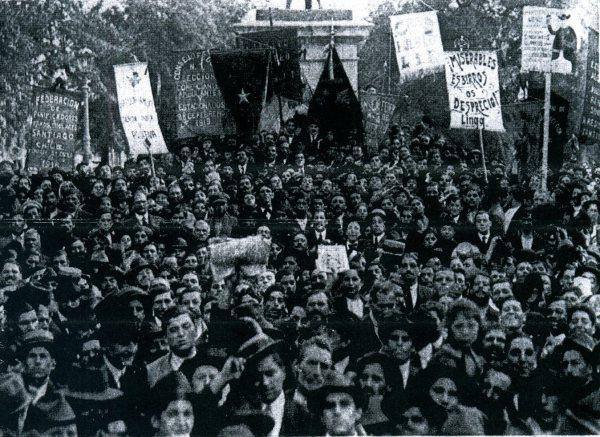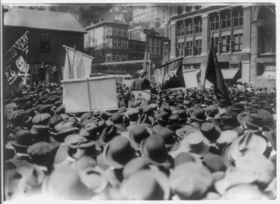Santiago, the capital of Chile, was a hotbed of radical, non-sectarian organizing in the early 1920s, when a repressive backlash led to the death of poet José Domingo Gómez Rojas. Historian Raymond Craib tells the story of anarchists and communists, students and workers, radicals and reactionaries, the pursuing and the pursued, whose politics echo down … Continued



